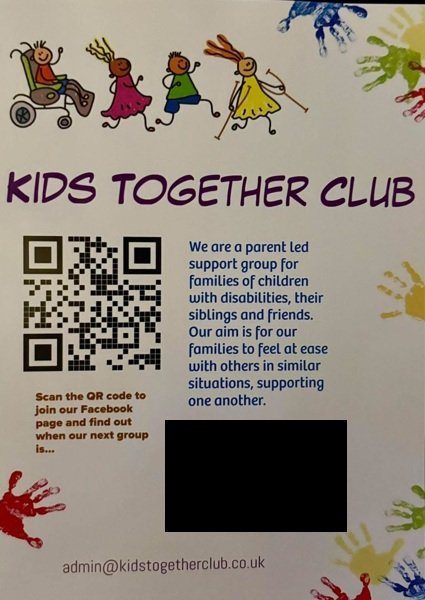Special Educational Needs and Disabilities
The Special Educational Needs and Disabilities Coordinator at St Catherine’s is Mrs Emma Lear, click here for contact details.
SEND information and guidance for parents can be found by following these links:
(IPSEA) Independent Provider of Special Education Advice
SEND - Special Educational Needs and Disabilities | Mencap
Resources - Driver Youth Trust
SEND code of practice: 0 to 25 years - GOV.UK (www.gov.uk)
SEND guide for parents and carers - GOV.UK (www.gov.uk)
Sheffield SENDIAS - Special educational needs and disability advice and support







